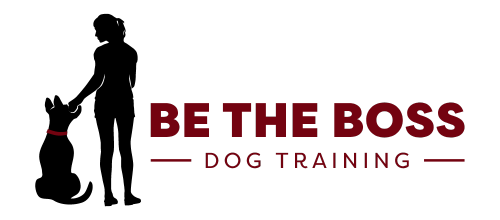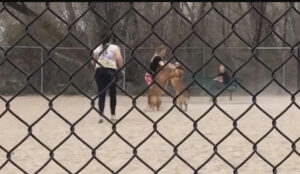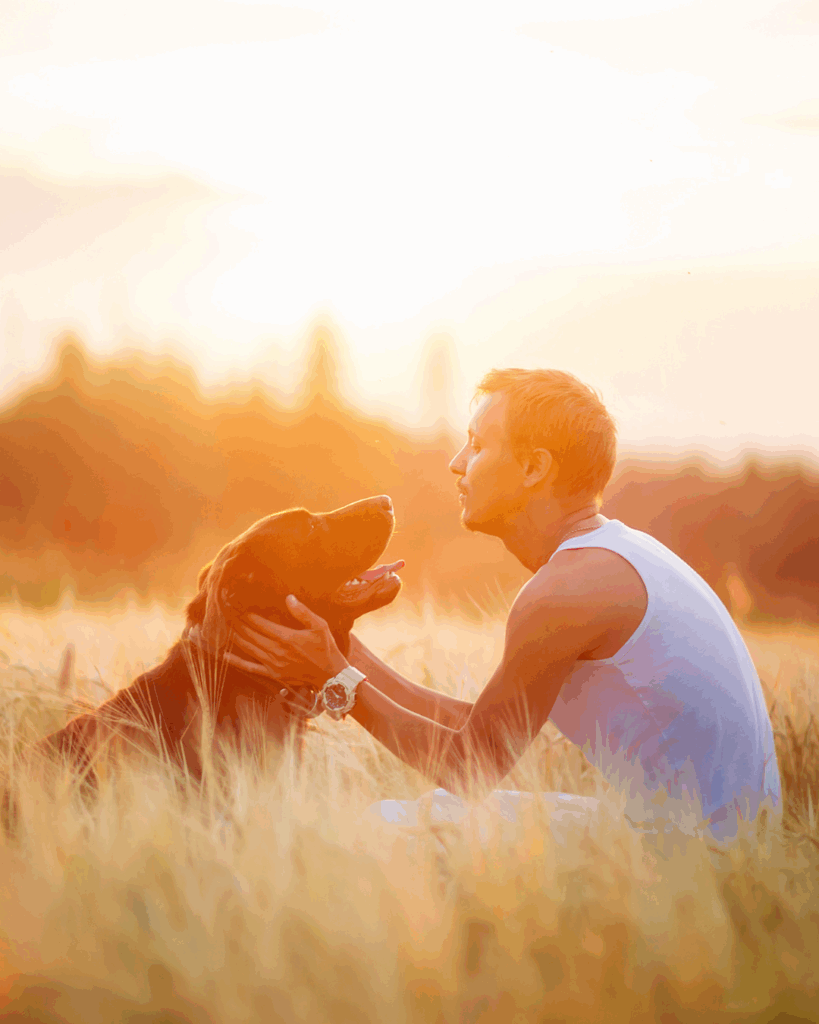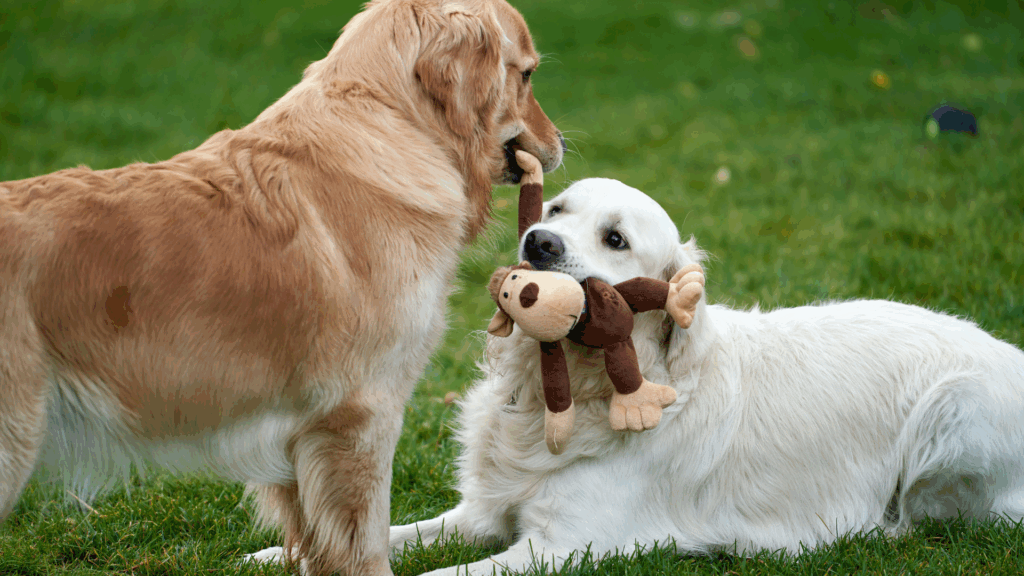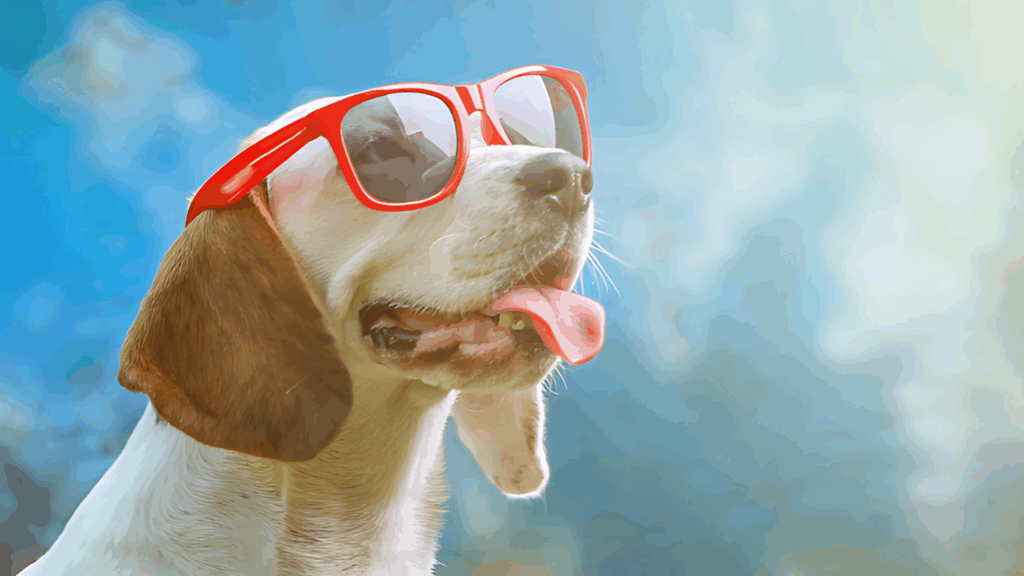I won’t answer this question for you, because ultimately this is your choice. However, I will educate you about the dangers of dog parks so you can at least make an informed decision. We will only be talking about one aspect of the “toxic-ness” of a dog park…
Unintentional, irresponsible dog owners
You know your dog and how they react to other dogs…generally speaking. But you don’t know Joe Schmoe coming through the double gate, who has a (insert generic breed here) that is pulling and lunging on its leash and barking at other dogs through the fence.
And even if you won’t admit it to yourself, I know it’s making you nervous. You, after all, are a good person, and want to give Joe Schmoe the benefit of the doubt that, of course somebody would not bring an aggressive dog to the dog park.
Please don’t be so naive. People bring rude, pushy and aggressive dogs to the park all the time. The picture related to this article shows two dogs that have gotten into a fight and the owners trying to break it up.
Here’s the part about this picture that offends people. Who’s fault was it? It was the owner’s fault. And if it was your dog that started the fight, it would have been your fault. As a dog owner you are responsible for being in control of your animal at all times. That means even in a place with high distractions….like a dog park.
Now you may think this article is to shame and blame. It’s not. After all, my story is very similar: https://www.bethebossdogtraining.com/about-1/.
So, if you want to go to a dog park, please remember this article and advocate for your dog. Watch your dog while it plays, and keep other rude, pushy and aggressive dogs away from it. Remember that giving Joe Schmoe the benefit of the doubt will get your dog injured at some point. Know that you don’t know who is coming through that gate and what kind of dogs they have. So, please take care of your dog and be vigilant.
Or better yet…stay away all together.
